I Am Samuel
Words Sean Stillmaker
At the heart of Peter Murimi’s work, both as a filmmaker and journalist, is truth and authenticity. His storytelling has appeared in a range of mediums from BBC to CNN and the United Nations. He approaches complicated and controversial subjects with delicate tender care that not only delivers on the heart of the story, but also making it accessible to global audiences.
A native of Kenya, he originally planned for a career in chemistry, but a change in course occurred at university that led him to pursuing a career in journalism. Learning all the skills needed to be a backpack journalist, Peter set out on a blossoming path where he could tell important stories to be broadcasted around the world.
Over the past five years, he’s been a fly on the wall directing his first feature-length documentary, I am Samuel. The story revolves around Samuel, who is a traditional Kenyan growing up in a rural village that is struggling with his familial and societal dynamics of coming out as gay.
We sat down with Peter to learn more about this journey and the significance of someone like Samuel courageously opening up their life to the world.
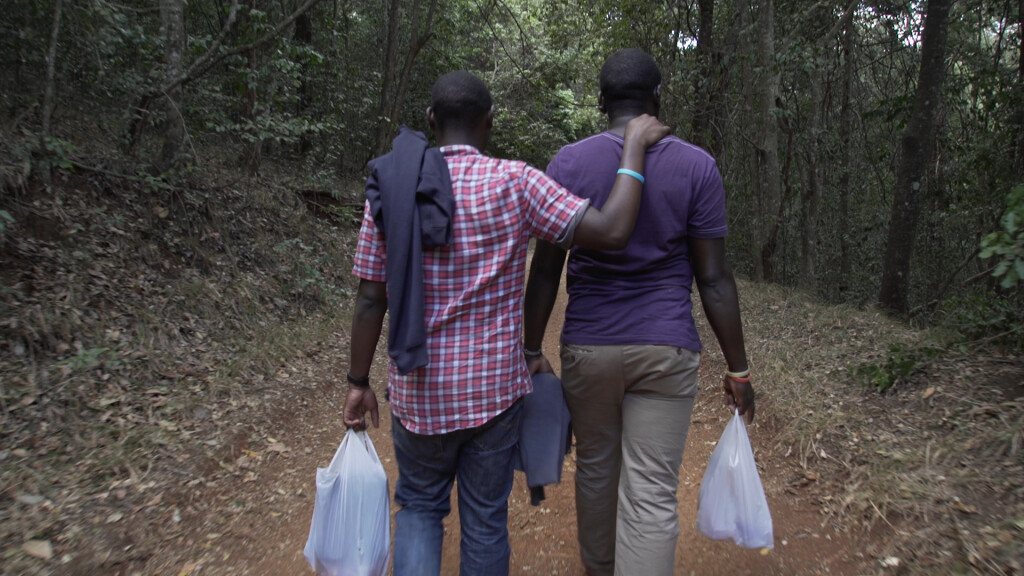
What sparked your curiosity to make I am Samuel?
Someone very, very close to me came out to the family. The family couldn’t handle it, and it was very dramatic. In that sense, I got the curiosity again — what happens to the majority of us Kenyans who are poor and gay? So I thought what was really important with this film is to show what the life of a gay person is, but also in an authentic way of what the majority of gay Kenyan men go through. With coming out, if you’re middle class, I could easily come out and talk; my privilege buys me protection, but if you’re poor, you don’t have it.
What was interesting about Samuel?
When I decided to make this film, I was very conscientious to make it representative. I knew the main character had to be poor, because the majority of Kenyans are poor. So through my mutual friends and contacts, I met someone, and I was very interested in Samuel. In Kenya or East Africa, I may even be naive enough to say the African continent — if you’re gay, they tend to put you in a box of how you should be. Most likely you’re not religious, you’re very liberal, you’re very modern, but Samuel was basically against all of this; he’s very religious, he’s very traditional and African.
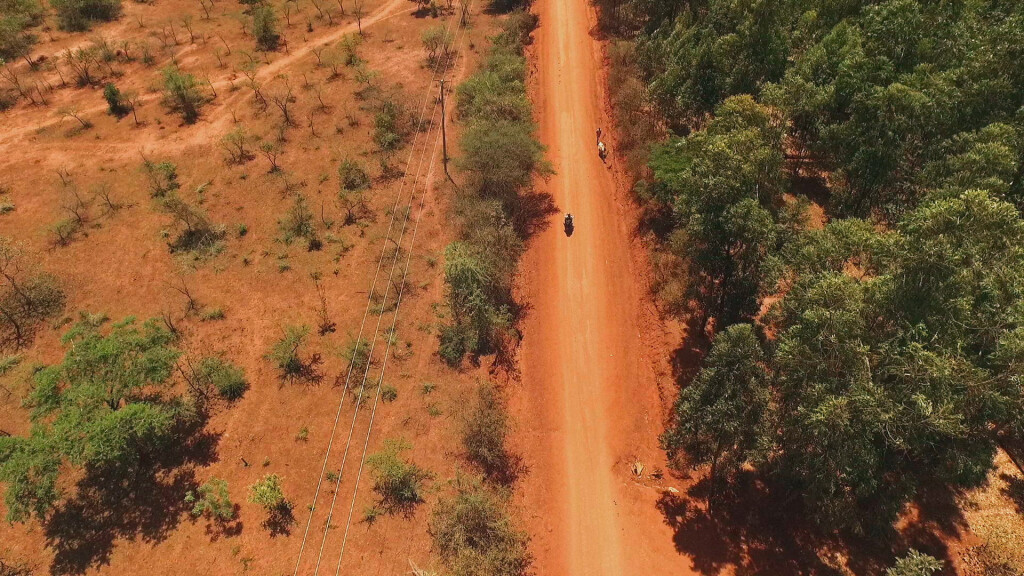
Did Samuel have any hesitation to doing the documentary?
I was nervous in that first meeting, but he said yes from the first second. Growing up young in his village, he thought there was something wrong with him when he was struggling with his sexual orientation. He did not know one gay man around him. So for him participating in this film, maybe for the next generation, there could be another young boy who is figuring out who he is and maybe this film can help that.
While you were working on I am Samuel, you were also working on Suicide Stories, which subsequently won the 2019 Rory Peck Award. Can you tell me about the complexity of that project and this balance?
As I was finishing filming I am Samuel, I started filming Suicide Stories, which was something I was researching for a long time. That was hard access for me too because I needed the village to trust me. It was hard mixing these two issues, both of them very intense.
With Suicide Stories, I had to take a break from it for three months. It’s 12 minutes, but it took me three months to film it. It’s this place in Kenya that had the highest number of suicides. I went to the community and I said that I want to film it; the point being you can never predict a suicide. I thought that it was very important for me to be there when it just happened. It’s very important for people to see the price of suicide because it’s people you love who suffer the most. It took so long for the community to understand what I wanted to do, but once I got access, I was there quickly.
Kenya’s courts has recently upheld the oppressive penal code making homosexuality criminal. What are your thoughts on the possibility of change?
I know in Kenya that court case is going to be appealed to the high court and if they lose that, they’ll go to the supreme court. One thing I know is that it will change, the problem is the pace. You know Rafiki (2018 feature film) happened, and that is the power of film, I think it complements activism, it sort of brings issues to the mainstream. You know when it’s in the court, people just sit on the side and check the highlights, but film, in America I think Hollywood played a big role in changing the tides.
Related Reading




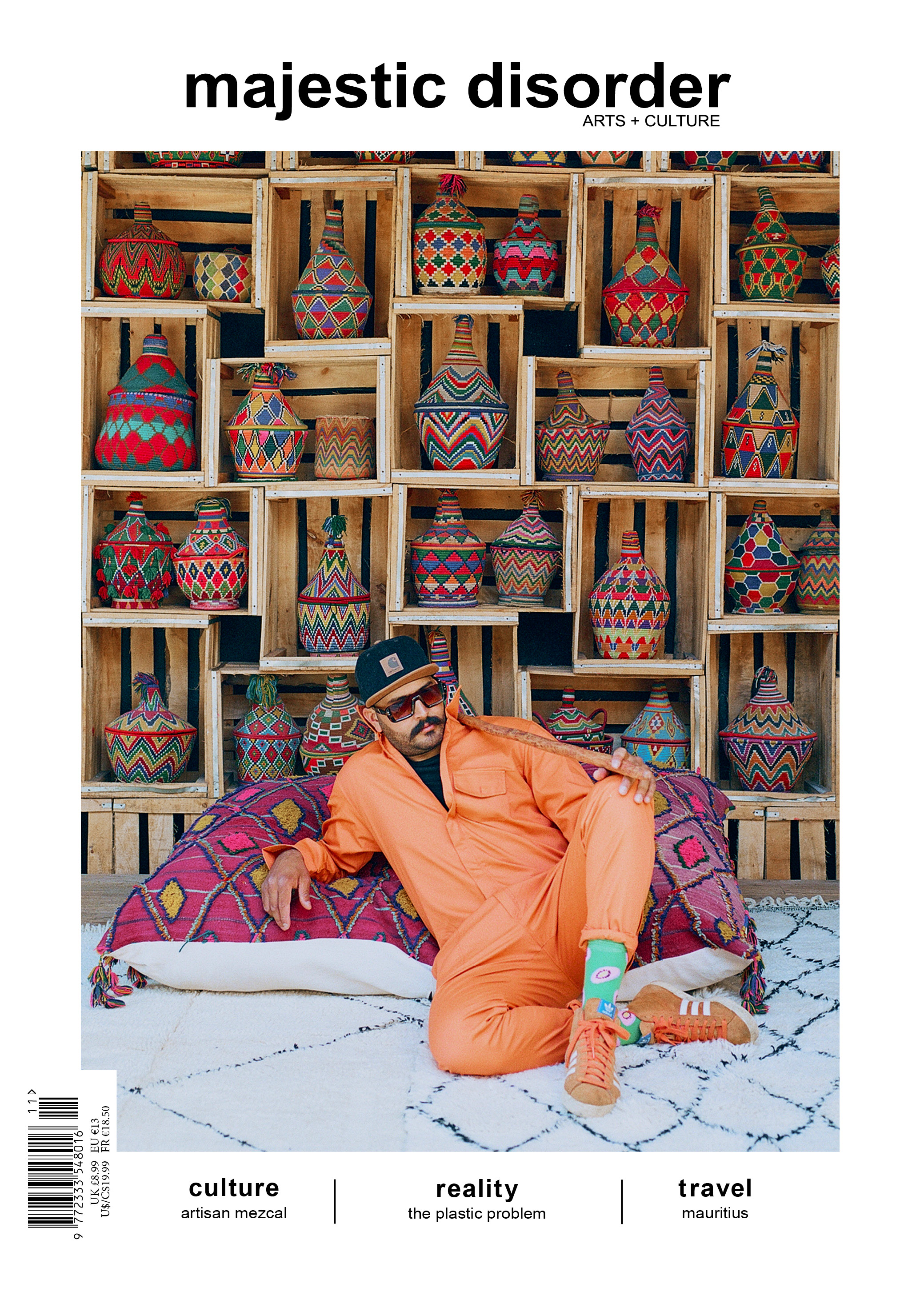
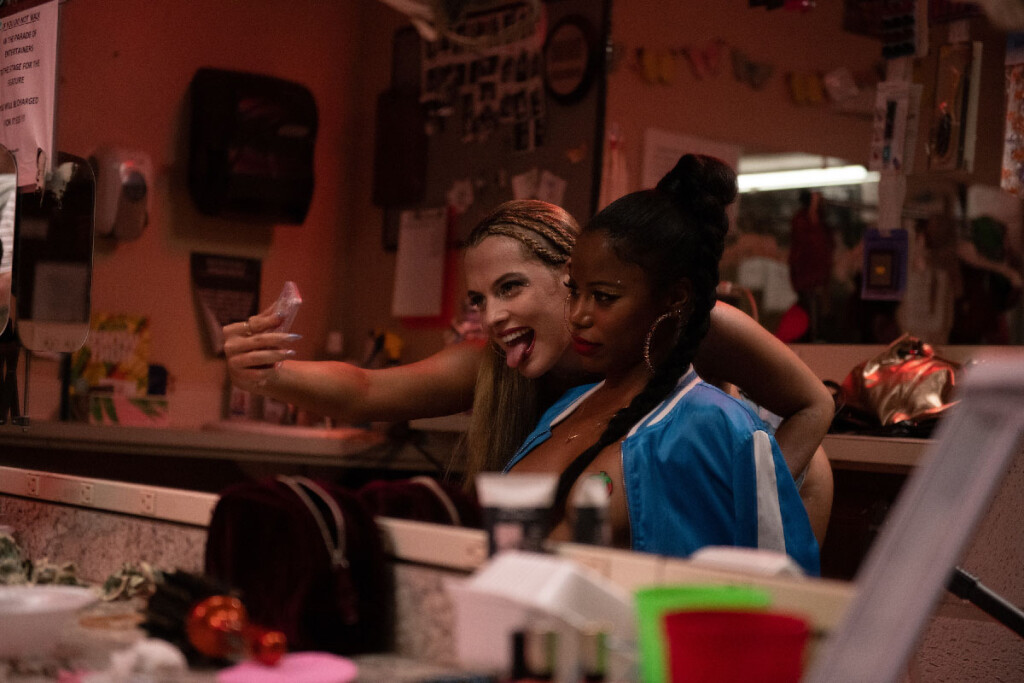
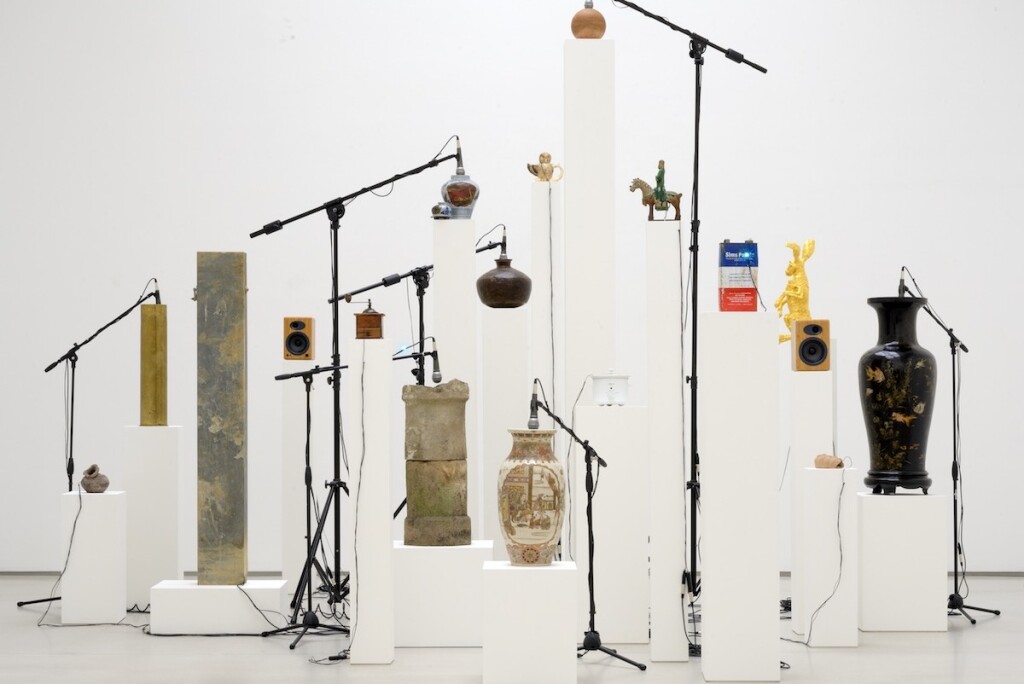
 @majesticdisorder
@majesticdisorder